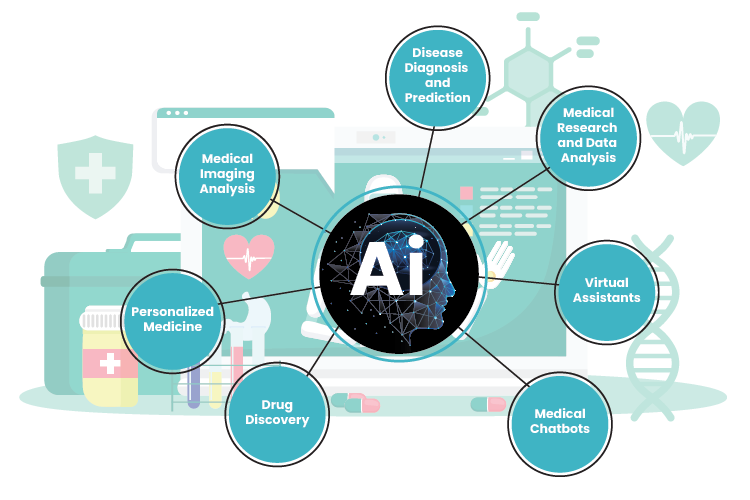The Role of Artificial Intelligence in Shaping the Future of Cardiology and Electrophysiology
Artificial Intelligence (AI) is revolutionizing various industries, and the field of healthcare is no exception. In particular, AI is playing a significant role in shaping the future of cardiology and electrophysiology. One such advancement in this area is the development of ChatGPT, a powerful AI tool that is transforming the way medical professionals approach cardiology.
ChatGPT has the ability to analyze vast amounts of data in a short period, providing valuable insights and assisting healthcare providers in making informed decisions. By leveraging natural language processing and machine learning capabilities, ChatGPT can support doctors in diagnosing and treating cardiovascular conditions more efficiently.

Benefits of AI in Cardiology and Electrophysiology
The integration of AI technologies like ChatGPT in cardiology and electrophysiology offers several benefits. One of the key advantages is the ability to enhance the accuracy of diagnoses. AI tools can analyze complex data sets and identify patterns that might be overlooked by human professionals, leading to more precise and early detection of heart-related issues.

Furthermore, AI can assist in personalized treatment plans by considering individual patient data, medical history, and risk factors. This tailored approach to patient care can improve outcomes and overall patient satisfaction.
Future Applications of AI in Healthcare
As AI continues to advance, the potential applications in healthcare are vast. In the field of cardiology and electrophysiology, AI tools like ChatGPT are expected to further streamline processes, optimize treatment strategies, and ultimately save more lives.

Additionally, AI can support medical research by analyzing large-scale data sets and identifying correlations that can lead to groundbreaking discoveries in cardiovascular science.
Conclusion
Artificial Intelligence is reshaping the landscape of cardiology and electrophysiology. Tools like ChatGPT are at the forefront of this transformation, empowering healthcare professionals to deliver better care, improve patient outcomes, and drive innovation in the field. As AI technologies continue to evolve, the future of cardiology looks promising with endless possibilities for improved diagnosis, treatment, and research.
For more information, please visit MDPI Open Access.




















